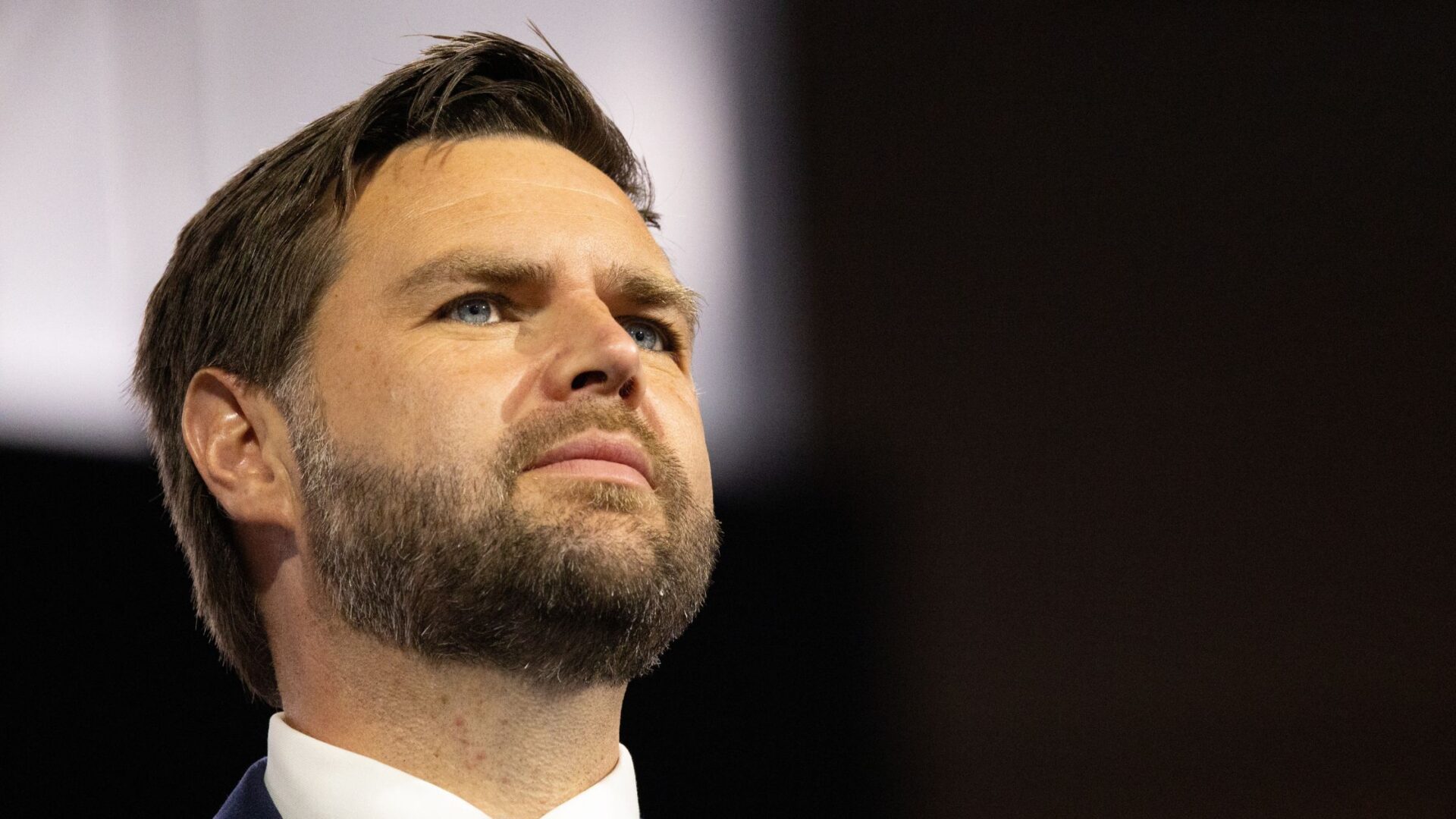Key Takeaways
- JD Vance urges people to stop calling far-right opponents Nazis.
- Critics note he called Donald Trump “America’s Hitler” in 2016.
- Online voices highlight a clear case of JD Vance hypocrisy.
- Former Rolling Stone editor and GOP groups remind readers of his old texts.
- The debate raises questions about political labels and violence.
JD Vance recently told activists to stop labeling far-right rivals as Nazis. However, just days ago, critics reminded everyone that he called Donald Trump “America’s Hitler” back in 2016. This sharp turn has sparked a storm of online chatter. Many say the JD Vance hypocrisy shows how politicians can flip their views when it suits them.
In North Carolina, Vance said, “If you want to stop political violence, stop telling your supporters that everybody who disagrees with you is a Nazi.” Yet, only a few years ago, he texted his roommate that Trump might be “America’s Hitler.” That text emerged in reporting by The Ohio Capitol Journal.
A 2016 warning turns ironic
Back in mid-2016, Vance worried aloud about Trump’s rise. He wrote to Rep. Josh McLaurin, “I go back and forth between thinking Trump is a cynical asshole like Nixon who wouldn’t be that bad or that he’s America’s Hitler.” At the time, this remark stood out among major politicians. Not many were willing to compare Trump to Hitler so directly.
However, fast forward to today, and Vance wants to curb heated speech. He now insists that labelling opponents as Nazis only fuels anger. In his view, harsher labels may lead to more unrest and violence. Therefore, he urges calm words and fewer slurs.
Critics point out the flip-flop
Many online commentators couldn’t resist pointing out this reversal. Former Rolling Stone editor Marlow Stern noted, “The only major politicians who’ve called Trump Hitler: J.D. Vance and RFK Jr.” Meanwhile, Republicans Against Trump shared Vance’s old text and wrote, “Fun fact: in 2016, Vance called Donald Trump ‘America’s Hitler.’”
MSNBC columnist Michael A. Cohen also jumped in. He highlighted Vance’s own advice on labelling left-wing foes. Vance once said, “If you want to stop political violence, do what the president does and tell your supporters that people who disagree with you are radical left lunatics.” Critics point out that this advice mirrors the very tactic he now criticizes.
Activist Catherine Zoltan added her voice, tweeting, “Oh, JD Vance is nothing like a NAZI,” along with a Rolling Stone headline. That article quoted Vance saying, “If I have to create stories…that’s what I’m going to do.” Observers see another example of the same JD Vance hypocrisy.
Several users even asked the X chatbot Grok to dig up Vance’s past texts and tweets. Their goal was to remind him and everyone else of how fast a politician can shift public statements.
Debate over political labels and violence
This episode has reignited a larger debate. Do heated labels like “Nazi” or “Hitler” help or harm public discourse? On one hand, strong words can warn people about dangerous ideas. On the other hand, they can make peaceful debate impossible. For instance, calling someone a Nazi can provoke anger, fear, or worse.
Moreover, critics argue that once you label your rivals as literal fascists, you leave no room for compromise. Politicians may then feel justified in taking extreme measures. Therefore, some people believe we should reserve such terms for truly extreme cases.
Yet others say that misusing these labels dilutes their meaning. If everyone called their opponents Nazis, the word would lose its power. In turn, real threats might get ignored. That is why Vance now warns against casual usage. But his earlier comparison of Trump to Hitler complicates his advice.
Why JD Vance hypocrisy matters
Understanding JD Vance hypocrisy helps us see how public figures handle their words. It shows that leaders can change their stance based on politics. Moreover, it highlights the need for consistent standards in political speech. Voters need clarity about when such strong comparisons are fair.
In addition, this case reveals how quickly social media can revive old statements. A single text message from years ago can resurface and go viral. As a result, today’s political figures must think twice before posting. Their words might come back to haunt them later.
Ultimately, the debate over language and violence is only growing. Whether you agree with Vance or not, his flip-flop sparks an important discussion. It forces us to ask: What labels are too strong? And who should decide when they apply?
This story also shows that voters pay attention. They notice when public figures change their tune. In the digital age, old remarks never stay buried. Therefore, consistency in speech and action matters more than ever.
Frequently Asked Questions
What did JD Vance originally say about Donald Trump?
In 2016, Vance texted that Trump might be “America’s Hitler.” He compared Trump’s style to Nixon’s and Hitler’s.
Why are critics calling out JD Vance hypocrisy?
Critics note that Vance once used harsh labels himself. Now he warns others against using similar terms.
How did social media react to Vance’s statements?
Online users and commentators quickly shared his old texts. Some even asked chatbots to retrieve his past comments.
What lesson does this episode offer about political speech?
It shows that strong labels can backfire. Public figures need consistent standards for heated language.

